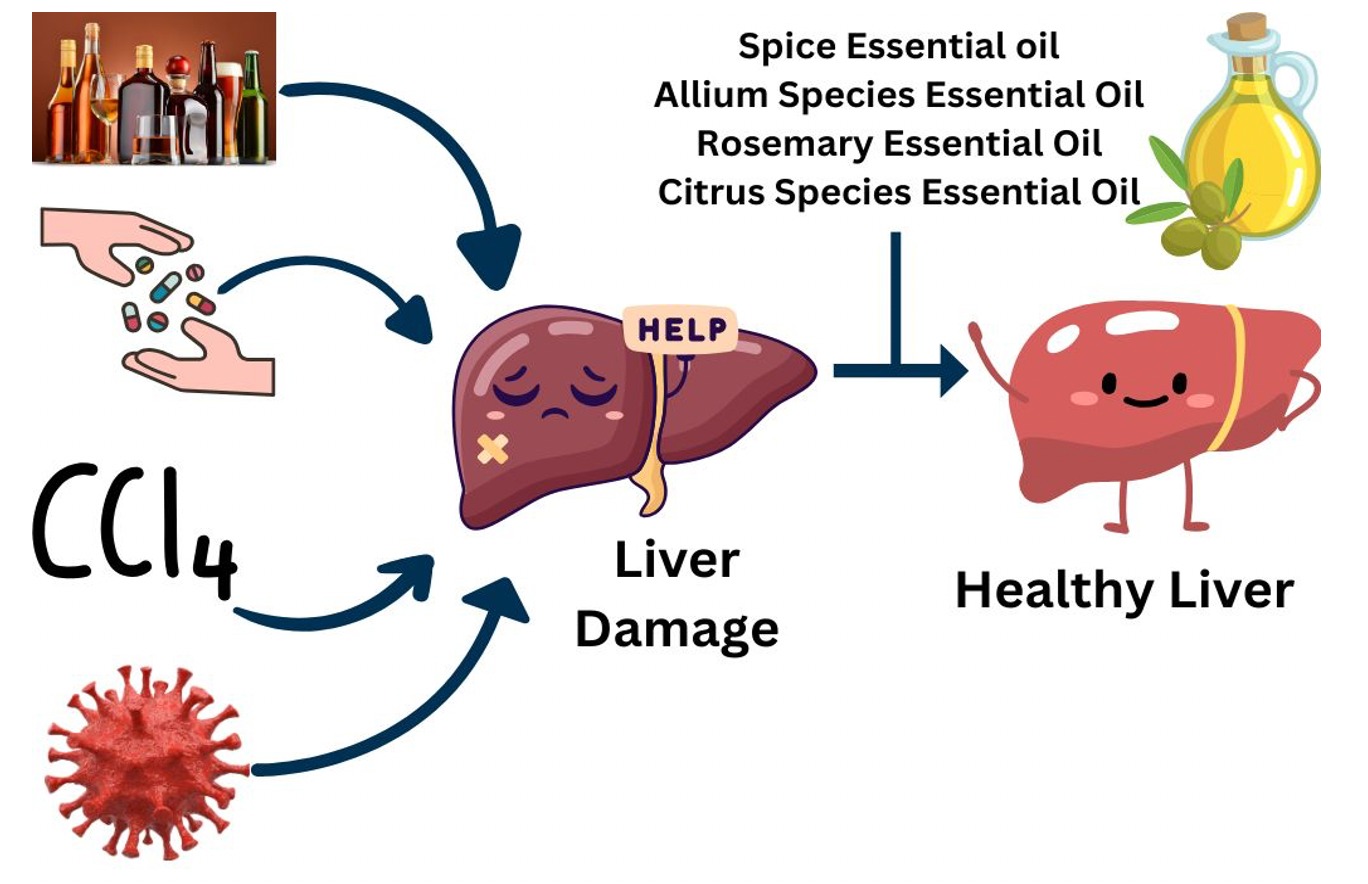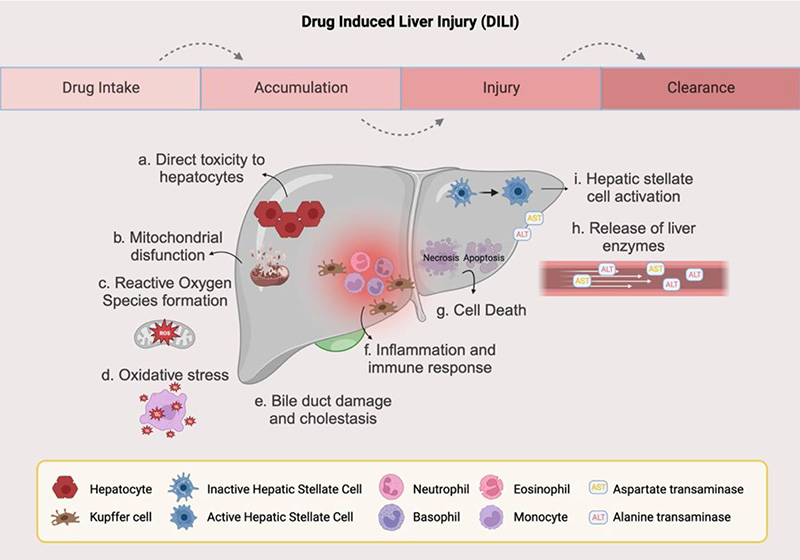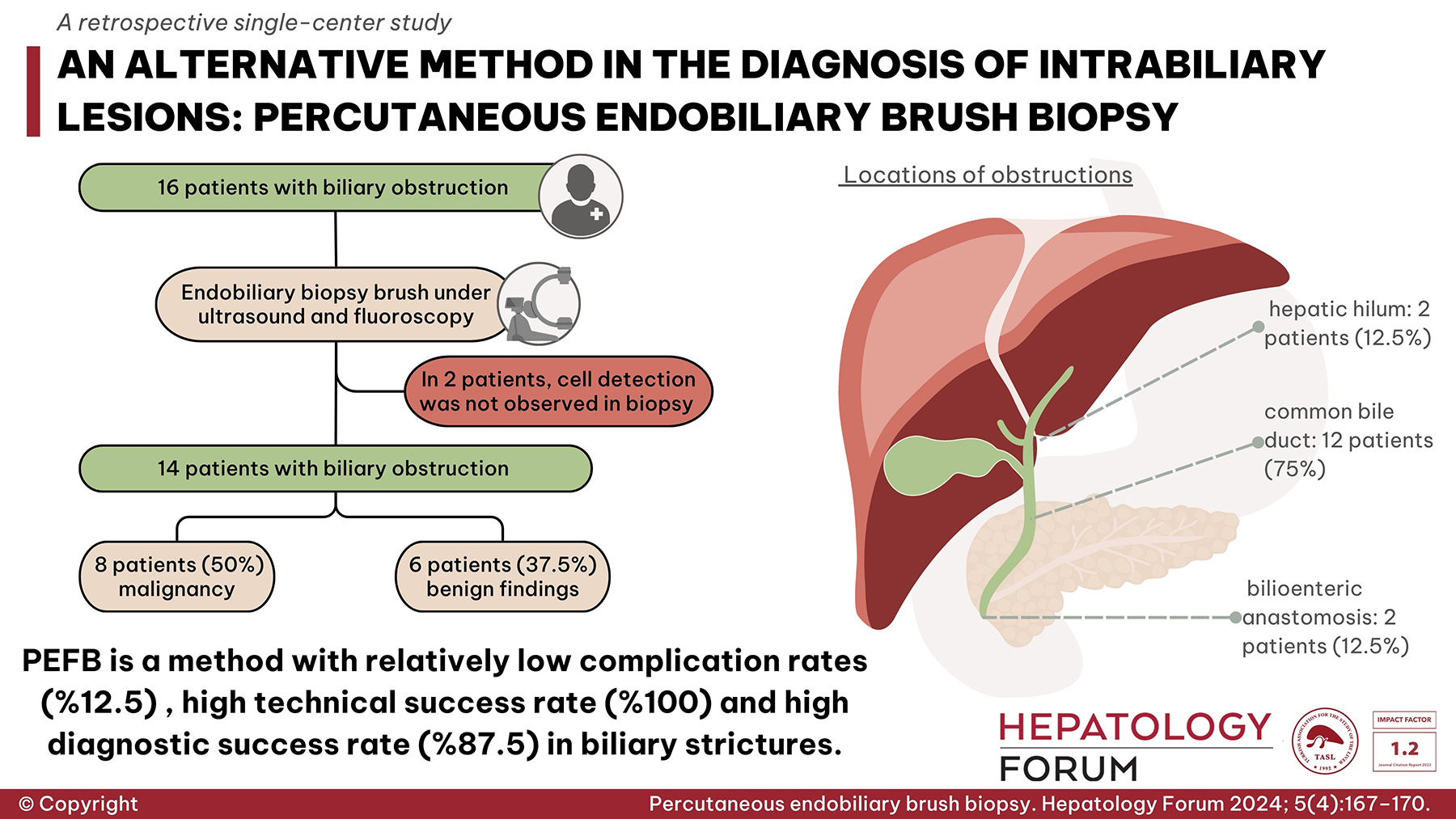2Department of Anesthesiology, Ahalia Hospital, Abu Dhabi, UAE
Abstract
Substance use disorders are a global health problem with detrimental effects on one’s health, wealth, and stealth. It includes the use of prescribed medications or the use of illicit drugs in excess amounts or for excess durations associated with complex neuropsychiatric and/or physical manifestations. It affects every organ in the body, and the liver is no exception to the deleterious effects of substance abuse. The mechanism of liver injury varies from agent to agent and may include direct toxic effects, oxidative stress, and inflammatory responses. The hepatic involvement ranges from asymptomatic liver enzyme elevation and fatty liver disease to hepatitis, liver failure, and cirrhosis. Alcohol, the most frequent agent implicated in substance use disorder, is also a prototype hepatotoxin, capable of inducing the whole spectrum of liver diseases. Cigarette smoke contains numerous harmful chemicals, including carcinogens, which can induce liver injury, fibrosis, and HCC. Cocaine, particularly in acute overdose, can result in ischemic hepatonecrosis, while it can also result in clinically inapparent transaminasemia. Marijuana and opiates, despite being associated with numerous deleterious effects, are rarely implicated in clinically apparent liver injury. Individuals with substance use disorder are also prone to viral hepatitis and hepatic insults secondary to hypotension, hypoxia, and other systemic ailments. Liver transplant candidacy in individuals with substance use disorder is a highly complex arena, with guidelines balancing abstinence requirements against evolving evidence on outcomes. This review article provides a thorough analysis of the hepatotoxic repercussions stemming from the agents commonly implicated in substance abuse disorders.





 George Sarin Zacharia1
George Sarin Zacharia1 









